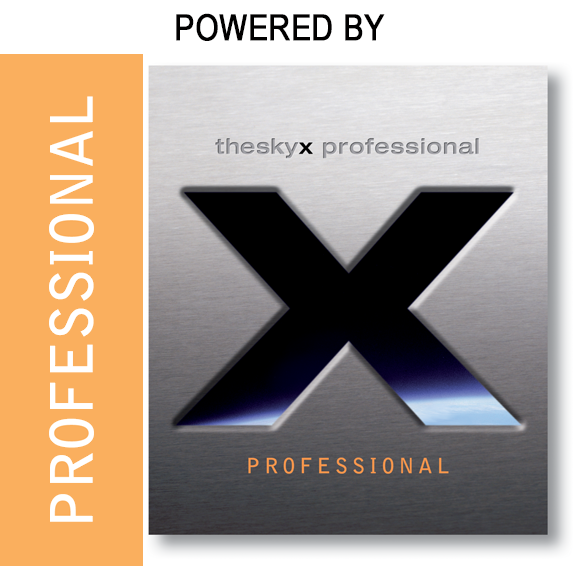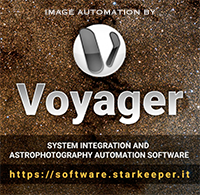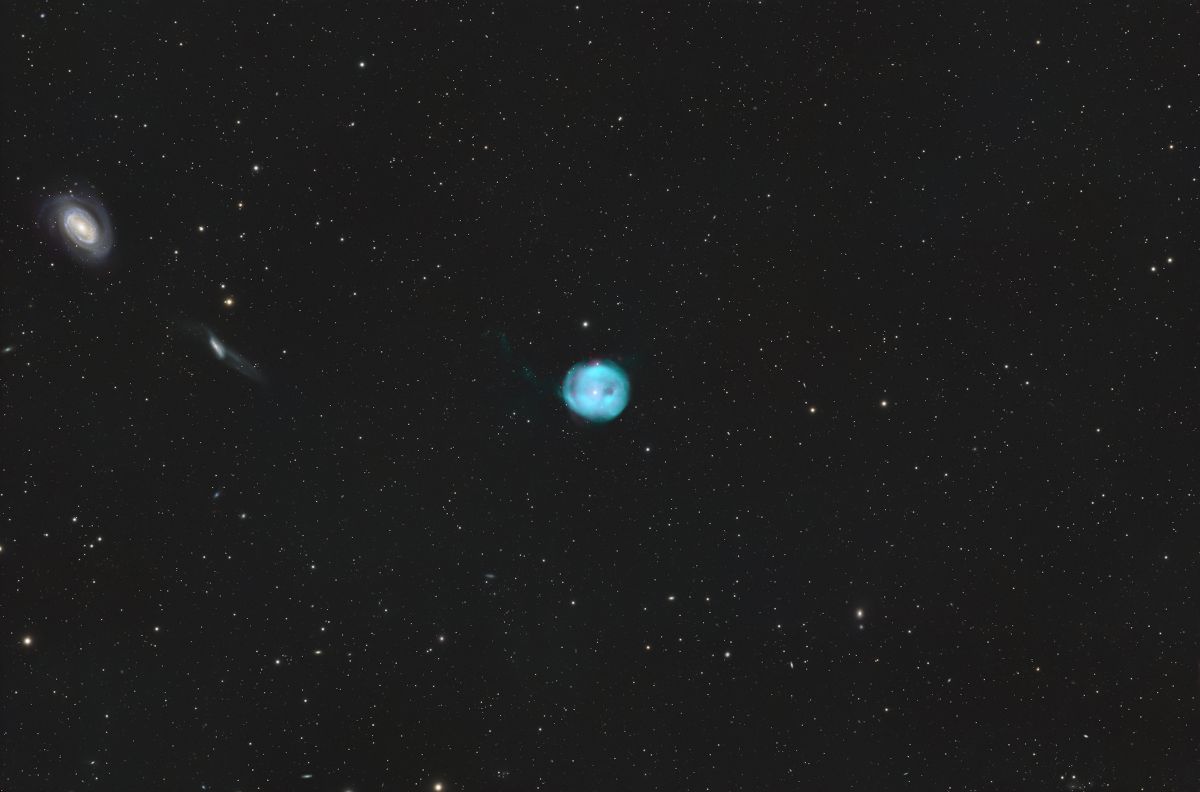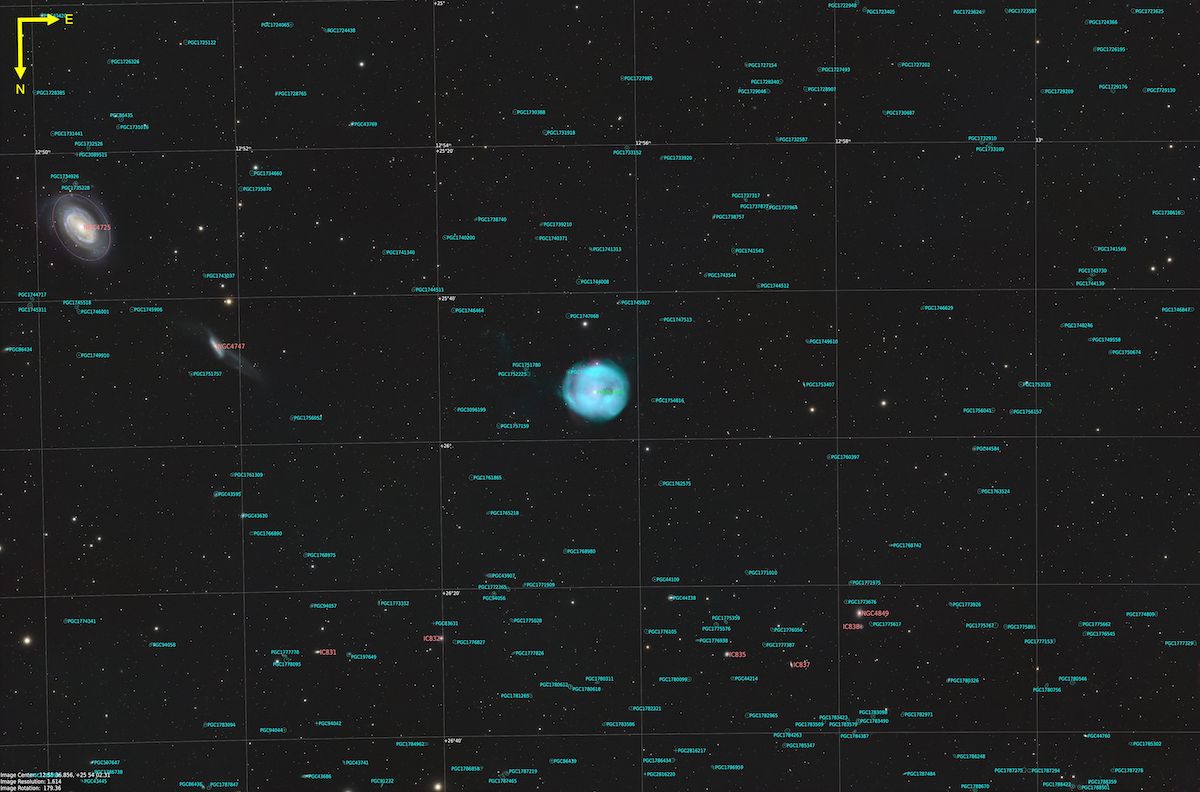Planetary Nebula Longmore-Tritton 5 (LoTr5)
Published 16 June 25
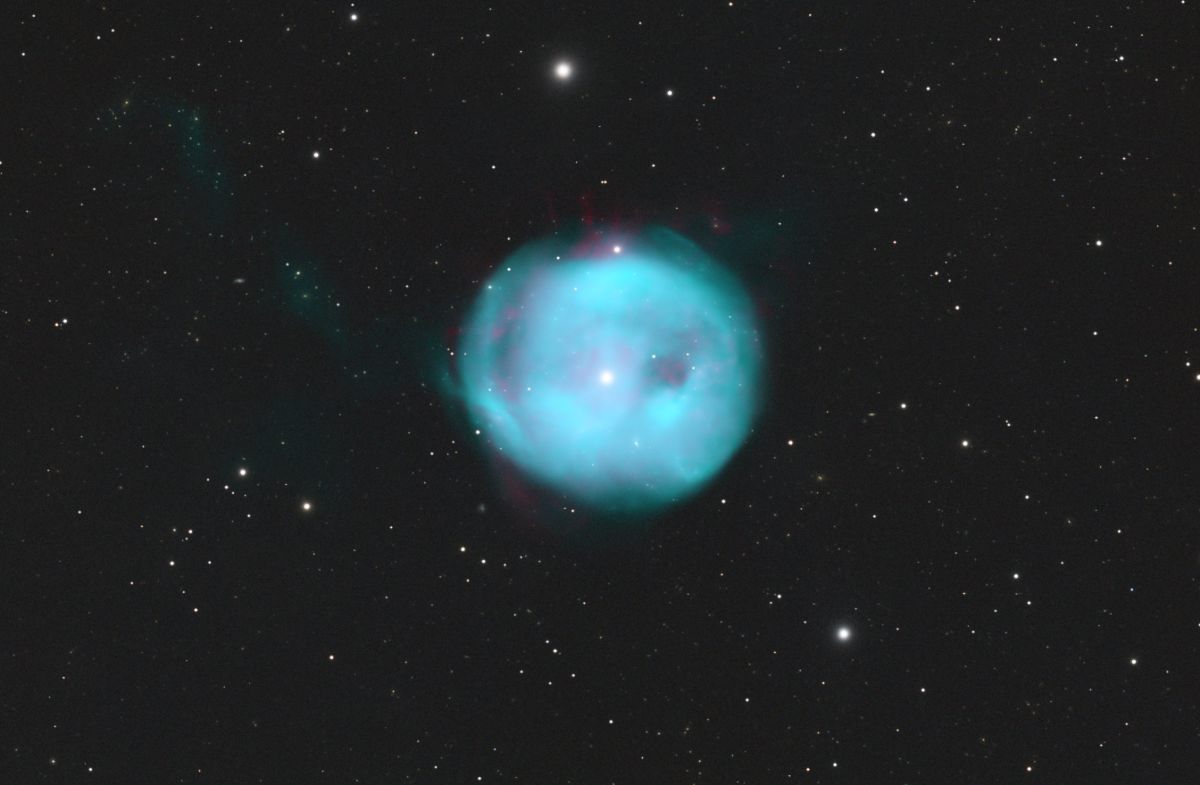
Cropped full res view of LoTr5
Full field of view
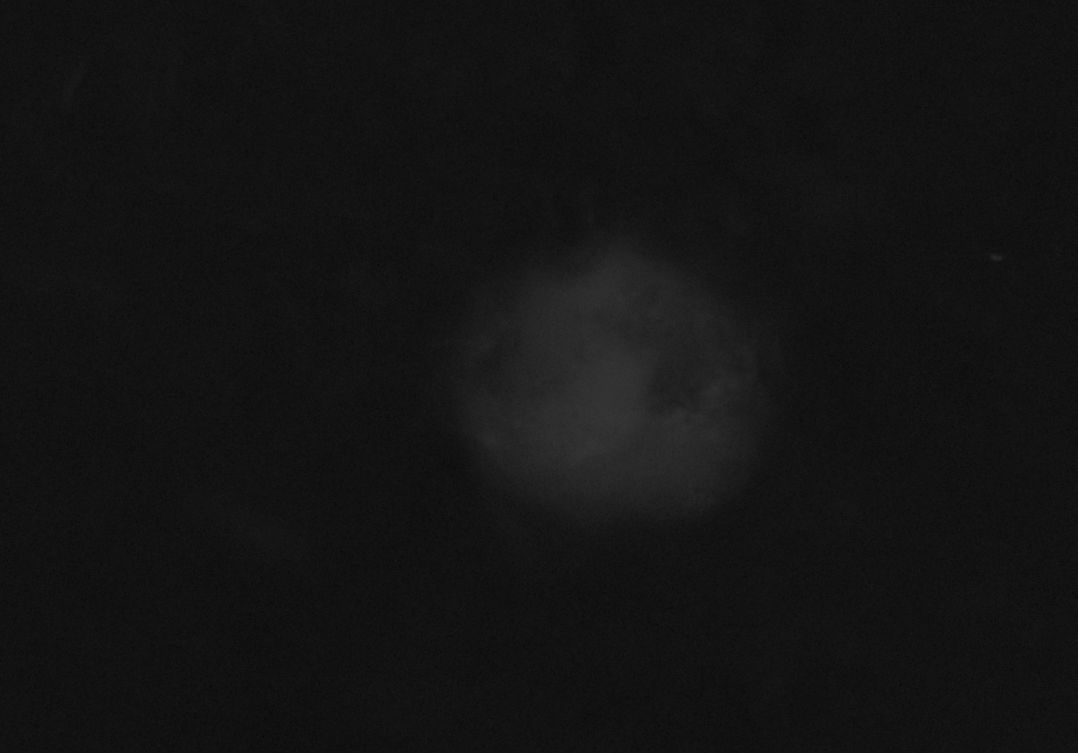
Continuum subtracted and starless Ha image
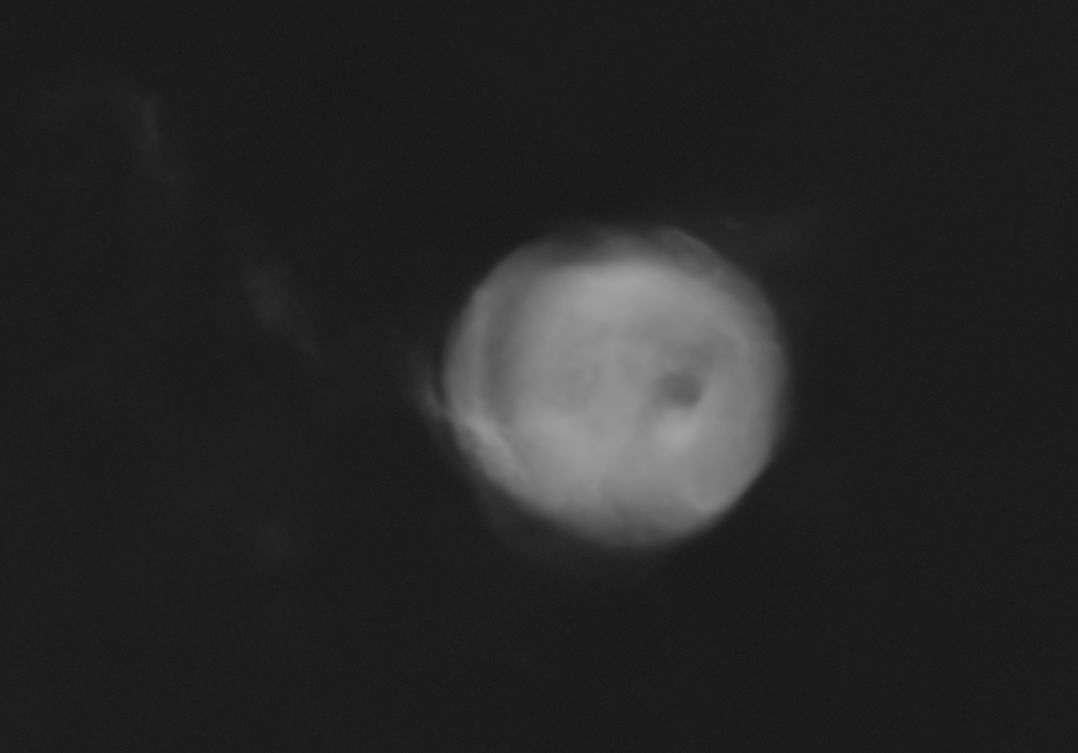
Continuum subtracted and starless OIII image
Annotated Image showing the designations of many faint galaxies in the FOV
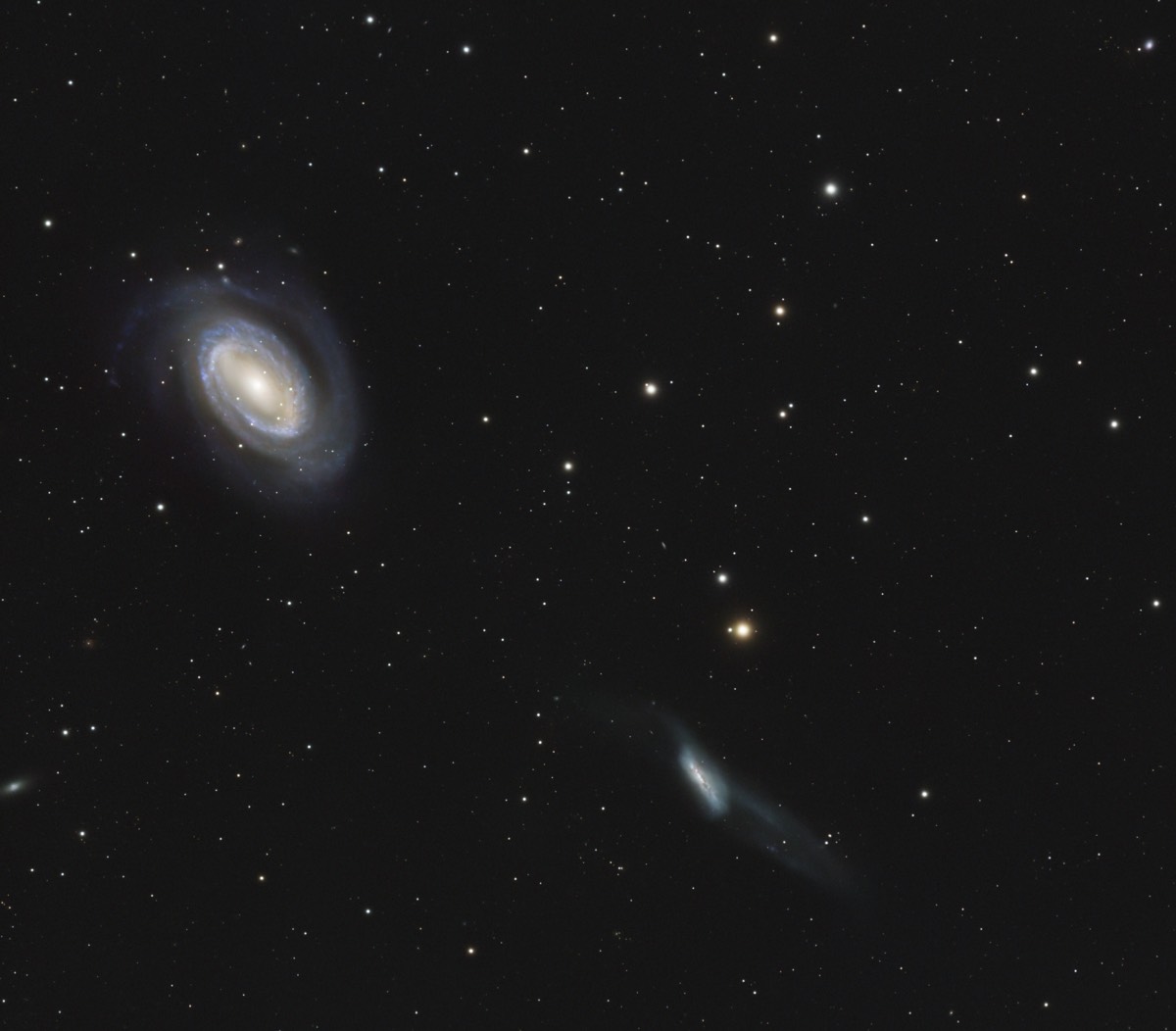
Crop of galaxies NGC 4725 (large spiral) and NGC 4747 (disrupted galaxy with wings)
About this image:
Longmore-Tritton 5 (LoTr5) is a planetary nebula in the constellation Coma Berenices. It was discovered in 1980 by A.J. Longmore and S.B Tritton on photographic plates taken by the UK Schmidt Telescope. LoTr5 is a bipolar planetary nebula about 9 arc minutes in diameter. It emits mostly blue/green doubly ionized oxygen light [OIII] but has a faint red hydrogen alpha signature. You can see the two narrowband images above of both [OIII] and H𝛼. Both are stretched the same and the [OIII] image is much brighter. The central star of LoTr5 is the rapidly spinning G star HD 112313 which is an evolved sub giant star. There is also a companion white dwarf star which orbits HD 112313 on a period of 2700 days, one of the longest orbits of central stars of planetary nebula. The central star is also a unusual "barium' type star. Recent studies have shown that LoTr 5 may have a third companion star with a ~129 day orbit. As of 2018, LoTr5 had the highest galactic altitude of any known PN.
In the full field of view and the last cropped image, you can also see two large galaxies. The large spiral galaxy is NGC 4725 which is a barred spiral galaxy located 40 million light years distant. It is interacting with NGC 4747, the smaller galaxy to its right. NGC 4747 is also a barred spiral galaxy but its outer spiral arms are distorted due to this interaction. Both were discovered by William Herschel in 1785. NGC 4747 is also listed as ARP 159.
The annotated image also shows the many small and faint galaxies with their designations.
The image is comprised of 10.7 hrs of RGB data and 20hrs of H𝛼/OIII data taken with Antlia ALP-T 5nm H𝛼/OIII filter using a ZWO ASI 2600 MC pro color camera. The image was taken at the 2025 Texas Star Party in Ft Davis Texas in late April 2025.
For those interested in reading more about LoTr 5, see this paper: https://ui.adsabs.harvard.edu/abs/2018MNRAS.476.1140A/abstract
Longmore-Tritton 5 (LoTr5) is a planetary nebula in the constellation Coma Berenices. It was discovered in 1980 by A.J. Longmore and S.B Tritton on photographic plates taken by the UK Schmidt Telescope. LoTr5 is a bipolar planetary nebula about 9 arc minutes in diameter. It emits mostly blue/green doubly ionized oxygen light [OIII] but has a faint red hydrogen alpha signature. You can see the two narrowband images above of both [OIII] and H𝛼. Both are stretched the same and the [OIII] image is much brighter. The central star of LoTr5 is the rapidly spinning G star HD 112313 which is an evolved sub giant star. There is also a companion white dwarf star which orbits HD 112313 on a period of 2700 days, one of the longest orbits of central stars of planetary nebula. The central star is also a unusual "barium' type star. Recent studies have shown that LoTr 5 may have a third companion star with a ~129 day orbit. As of 2018, LoTr5 had the highest galactic altitude of any known PN.
In the full field of view and the last cropped image, you can also see two large galaxies. The large spiral galaxy is NGC 4725 which is a barred spiral galaxy located 40 million light years distant. It is interacting with NGC 4747, the smaller galaxy to its right. NGC 4747 is also a barred spiral galaxy but its outer spiral arms are distorted due to this interaction. Both were discovered by William Herschel in 1785. NGC 4747 is also listed as ARP 159.
The annotated image also shows the many small and faint galaxies with their designations.
The image is comprised of 10.7 hrs of RGB data and 20hrs of H𝛼/OIII data taken with Antlia ALP-T 5nm H𝛼/OIII filter using a ZWO ASI 2600 MC pro color camera. The image was taken at the 2025 Texas Star Party in Ft Davis Texas in late April 2025.
For those interested in reading more about LoTr 5, see this paper: https://ui.adsabs.harvard.edu/abs/2018MNRAS.476.1140A/abstract
Image Details
- Optics : Stellarvue SV80s triplet refractor @f6 480mm FL
- Mount: ZWO AM5
- Camera: ZWO ASI 2600 MC pro
- Filters: Antlia ALP-T 5nm H𝛼/OIII for the narrow band portion of the image
- Exposure (min): RGB(HaOIII) 640min: 1200min for total 30.7hrs, 1x1 binning
- Automation Control: ASI air
- Guiding: ZWO ASI 120 mini
- Processing Software: PixInsight, PS CC
- Location: Texas Star Party, Ft Davis Texas
- Sky: Typical SQM 21.5, Bortle 2, Dark
- Date: 21-26 April 2025
